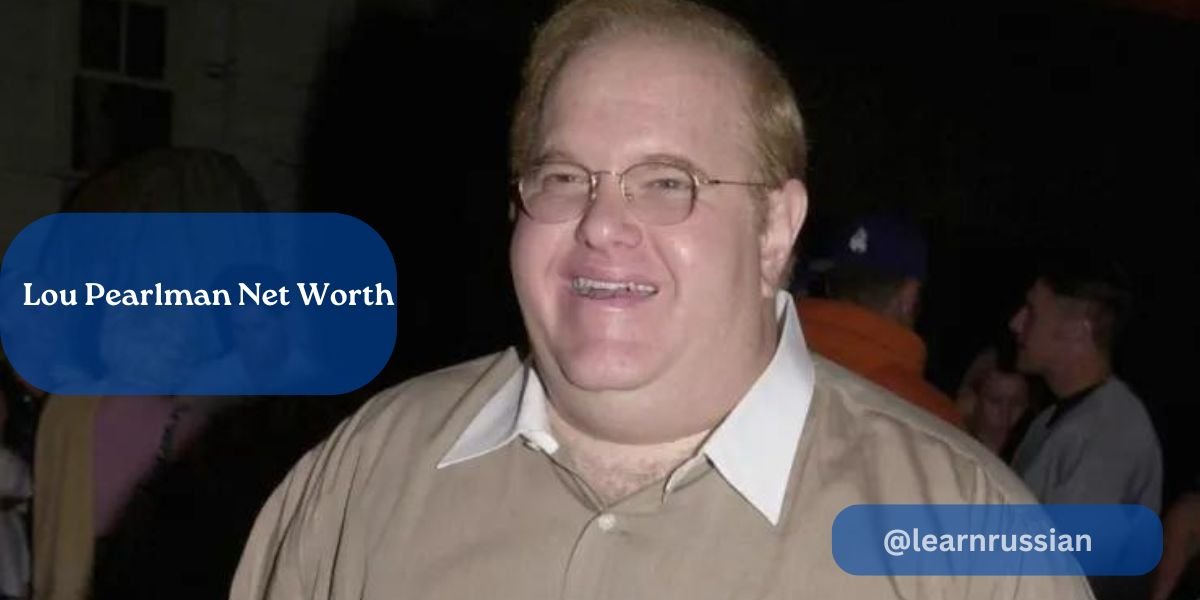Lou Pearlman, born on June 19, 1954, in New York City, was a pivotal figure in the music industry, most notably for creating and managing some of the biggest boy bands of the 1990s and early 2000s. At the height of his career, Pearlman amassed a net worth of approximately $200 million, but his legacy is marred by one of the largest Ponzi schemes in U.S. history. By the time of his death in 2016, Pearlman’s financial empire had collapsed, leaving him with a net worth of negative $400 million.
Growing up in Queens, New York, Pearlman initially dreamed of a career in aviation rather than music. He pursued this interest by launching Airships International, a blimp advertising company, which ended in failure when its sole airship crashed. Undeterred, Pearlman transitioned to the music industry, founding Trans Continental Airlines, an air charter service that catered to affluent clients and music acts. This venture brought him into closer contact with the entertainment world, where he saw a lucrative opportunity to form and manage boy bands.
Creation of Iconic Boy Bands
In 1993, Pearlman placed an ad in the Orlando Sentinel seeking young male vocalists, which led to the formation of the Backstreet Boys. This group quickly became the best-selling boy band in history, with over 100 million records sold worldwide. Recognizing the success of this formula, Pearlman soon created NSYNC in 1995. Both bands dominated global music charts, filled arenas, and became cultural phenomena, catapulting Pearlman to immense wealth and influence.
Pearlman’s management extended beyond these two bands. He also launched groups like O-Town, LFO, Take 5, and the girl group Innosense, which briefly included Britney Spears. While these acts did not achieve the same level of success as the Backstreet Boys and NSYNC, they contributed to Pearlman’s expanding empire. His newfound wealth was reflected in his lavish lifestyle, including a 16,000-square-foot mansion in Orlando, private jets, and a yacht.
The Downfall: A Ponzi Scheme Unveiled
Despite his public success, Pearlman’s business practices were far from ethical. He orchestrated a massive Ponzi scheme that defrauded investors and banks of over $1 billion. Pearlman leveraged the fame of the Backstreet Boys and NSYNC to attract investors to his Trans Continental Savings Program, a fictitious investment opportunity. He also falsified financial documents to secure loans from banks, perpetuating the illusion of a prosperous business empire.
The facade began to crumble in 2006 when investigators uncovered the fraudulent activities, marking the beginning of Pearlman’s downfall. By 2007, authorities had seized his assets, including Trans Continental International Inc., which housed his record label, Trans Continental Records. Pearlman fled to Indonesia but was captured and extradited to the United States to face charges.
Legal Consequences and Legacy
In 2008, Lou Pearlman pleaded guilty to charges of conspiracy, money laundering, and making false statements during bankruptcy proceedings. He was sentenced to 25 years in prison, effectively ending his career and leaving him bankrupt. The auction of his assets provided only a fraction of what was owed to creditors.
The controversy surrounding Pearlman extended to his exploitative contracts with the bands he managed. He often took up to 50% of the groups’ net profits, far exceeding industry standards, which led to lawsuits from both NSYNC and the Backstreet Boys. These legal battles exposed the extent of Pearlman’s manipulation and greed, further tarnishing his legacy.
A Complex Legacy in Music History
Lou Pearlman’s life story is a stark example of how unchecked ambition can lead to both monumental success and devastating failure. His ability to identify and cultivate musical talent was undeniable, yet his unethical business practices overshadowed these achievements. Pearlman’s narrative serves as a cautionary tale about the importance of transparency and ethics in business dealings.
While his contributions to pop music are significant, particularly in shaping the boy band craze of the late 1990s and early 2000s, his legacy is irrevocably tainted by deceit and betrayal. Pearlman passed away in prison in 2016, leaving behind a complex and controversial legacy. The bands he created, especially the Backstreet Boys and NSYNC, continue to be celebrated for their music, but Pearlman’s role in their rise remains a contentious chapter in music history.
Reflection on a Cautionary Tale
Lou Pearlman’s life was a rollercoaster of success and scandal, highlighting the duality of talent and greed. His creation of some of the most iconic boy bands in music history brought joy to millions, yet his fraudulent actions ultimately led to his downfall. Pearlman’s story is a compelling narrative about the dangers of unchecked ambition and the consequences of ethical lapses in the pursuit of wealth and power. As the music industry continues to evolve, his legacy serves as a sobering reminder of the importance of integrity in the quest for success.

